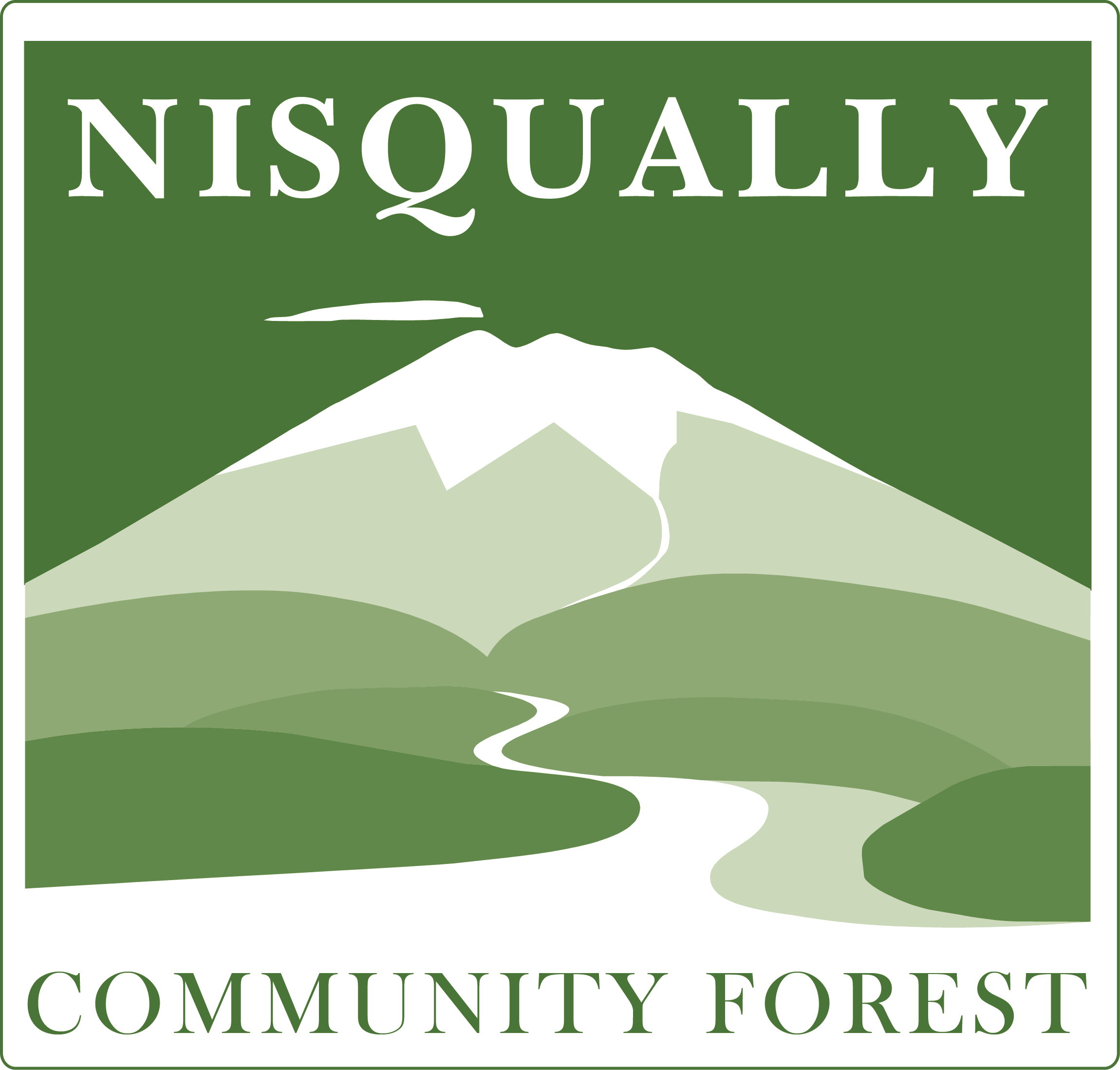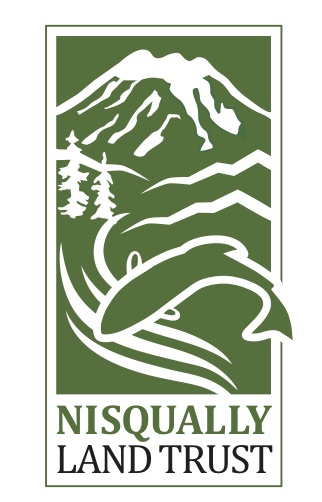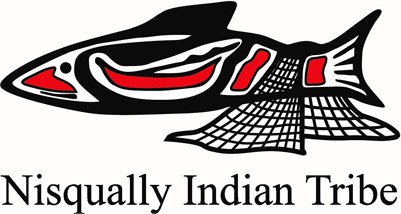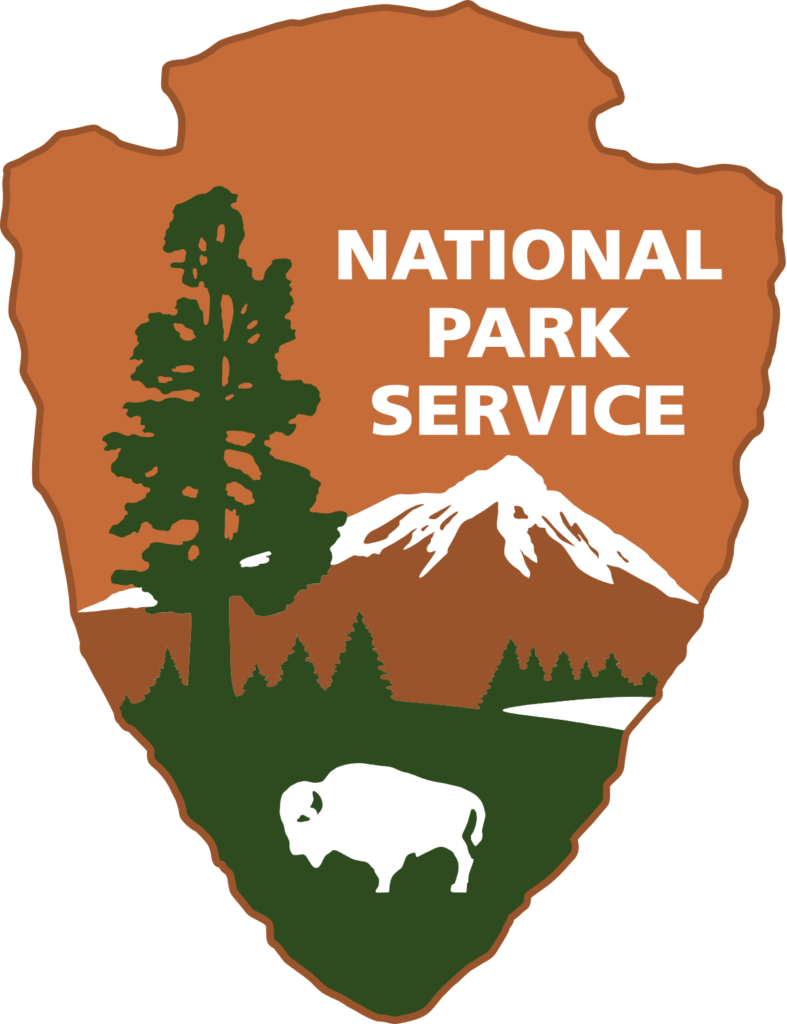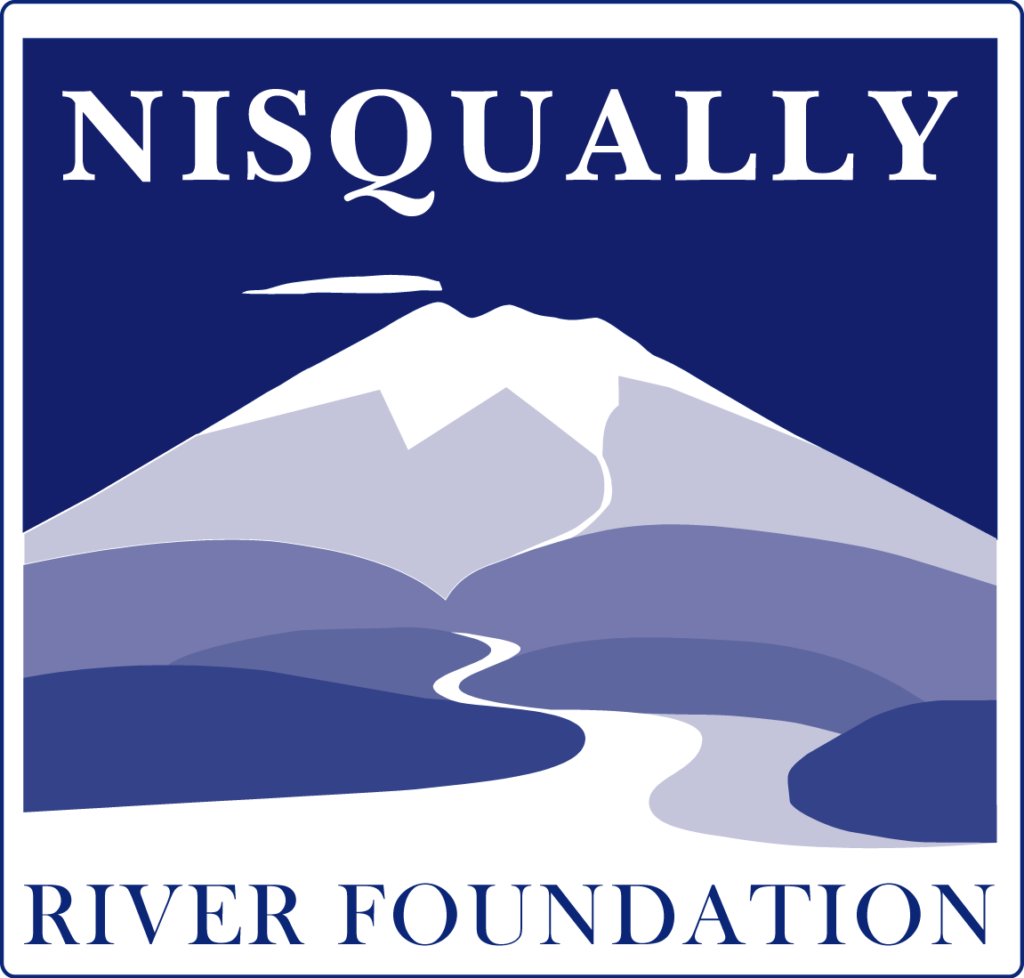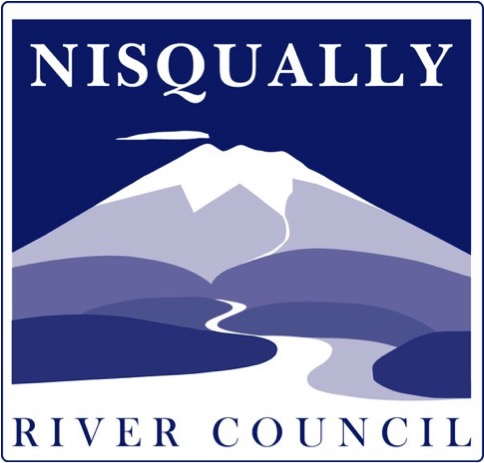In the course of the watershed-wide discussions that led to the creation of Nisqually Community Forest, Nisqually stakeholders arrived at the conclusion that it didn’t make sense to launch NCF as a wholly new nonprofit organization. For one, there were already so many nonprofits in the watershed bearing “Nisqually” in their name that another would just add to the confusion. And one goal in creating the community forest was that it be economically self-sustaining – that it wouldn’t be chasing the pool of donors the watershed’s existing nonprofits depended on.
Ultimately, the stakeholder group turned to Nisqually Land Trust and asked it to give a corporate home to Nisqually Community Forest as a type of wholly-owned subsidiary called a “Type One Supporting Organization” – an Internal Revenue Service designation that permits NCF to earn revenue from the sale of things like forest products and carbon credits while also maintaining its tax status as a nonprofit organization.
The Land Trust appoints NCF’s board of directors, but in all other aspects the Community Forest operates as an independent body, including the power to buy, sell, hold, and manage land. While bound by the conservation mission of the Land Trust, NCF does not share employees or other organizational functions with it.
